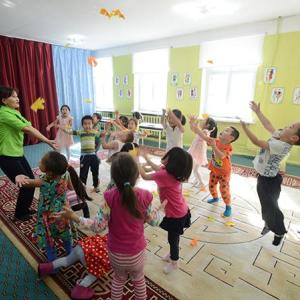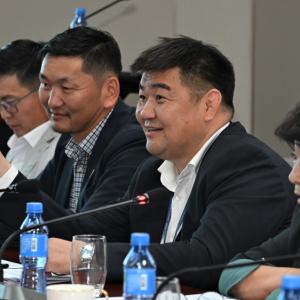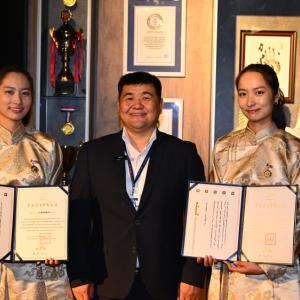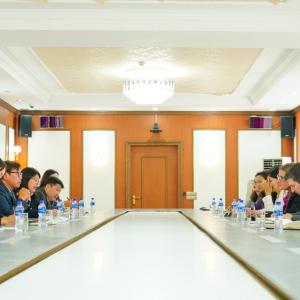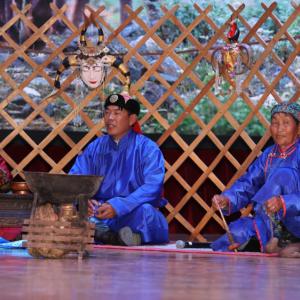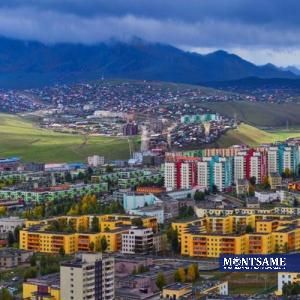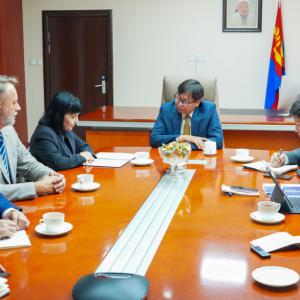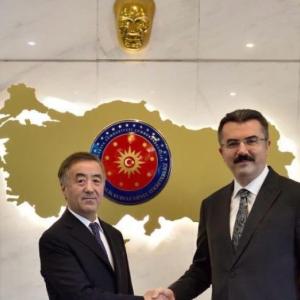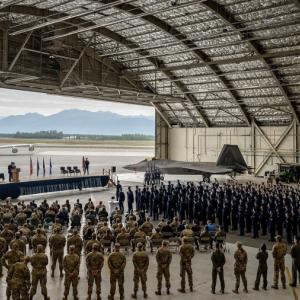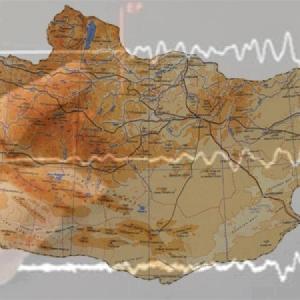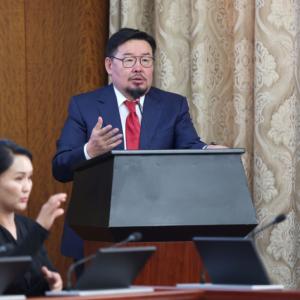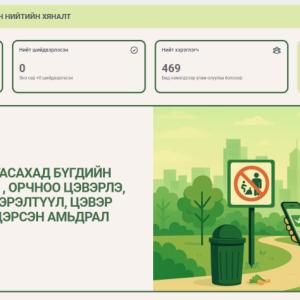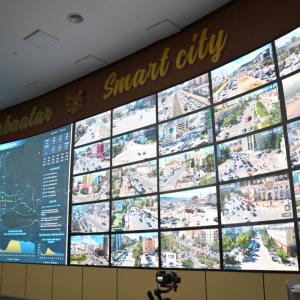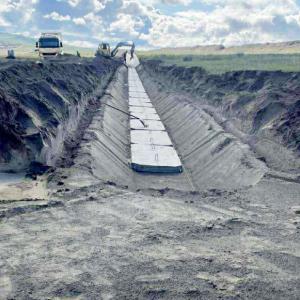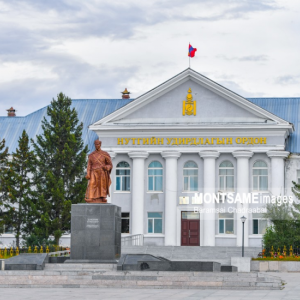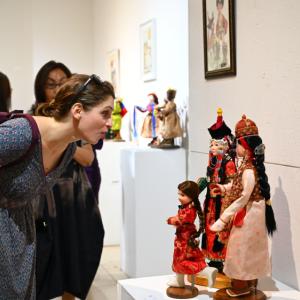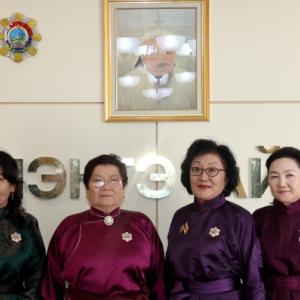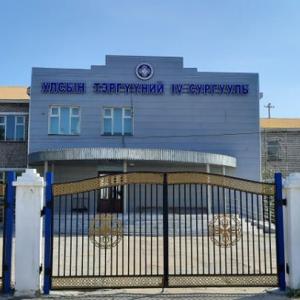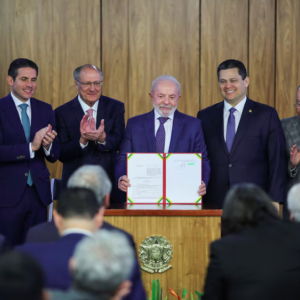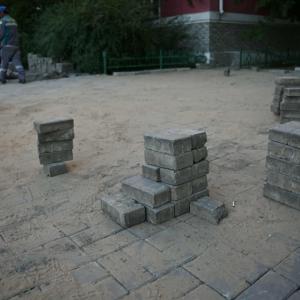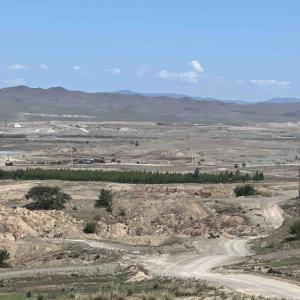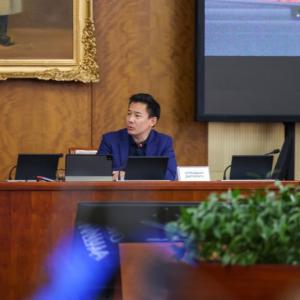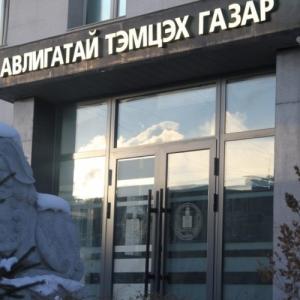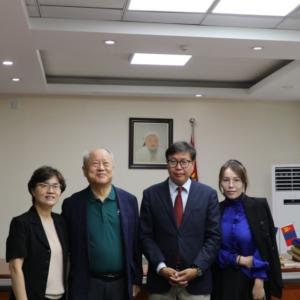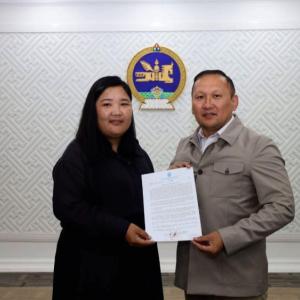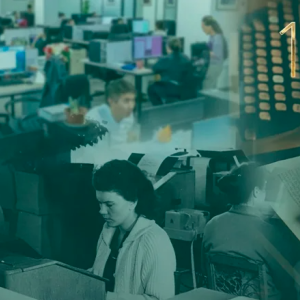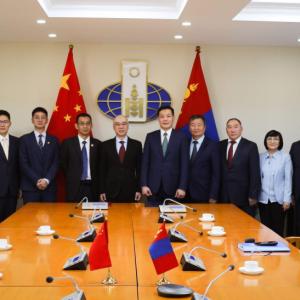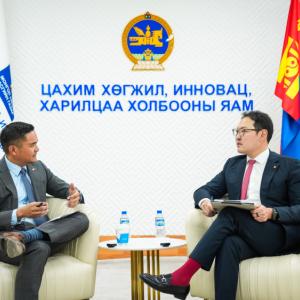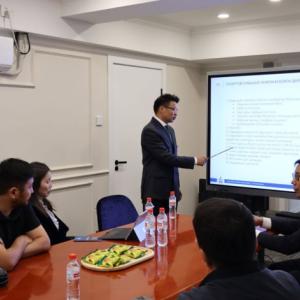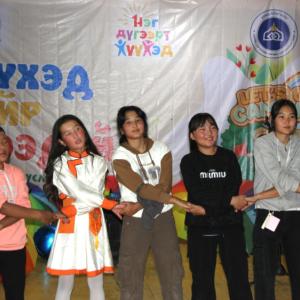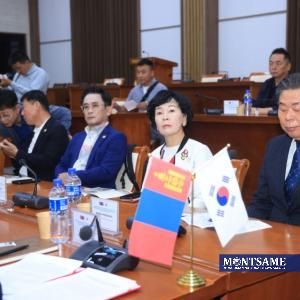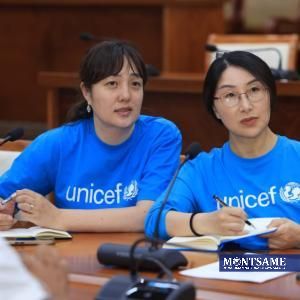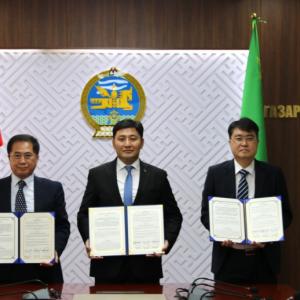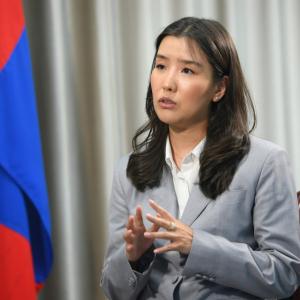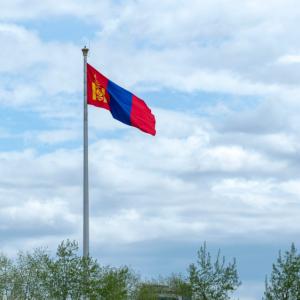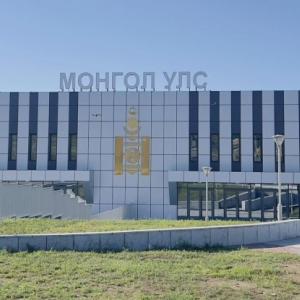Speaker G.Zandanshatar: Civic education will serve as foundation to create a humanitarian society
Society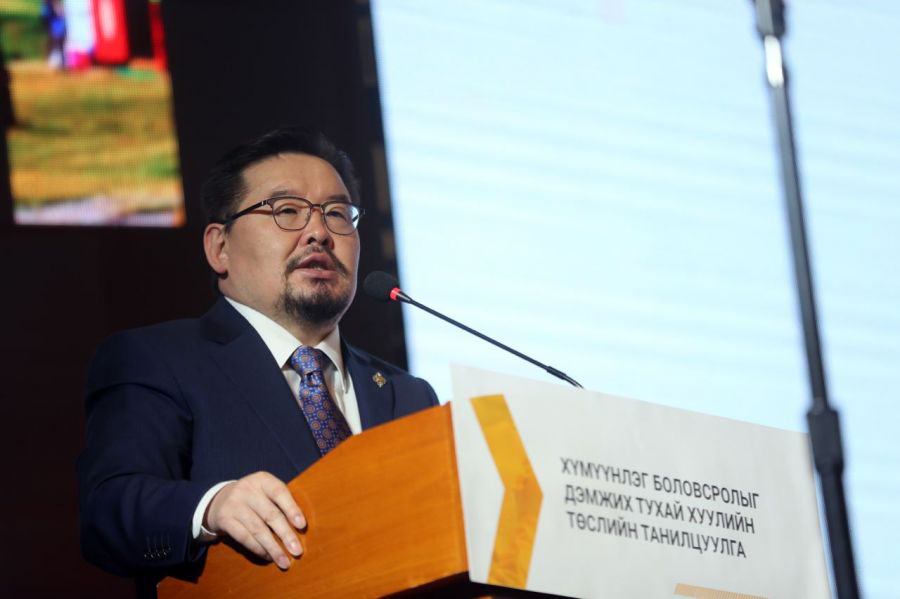
Ulaanbaatar /MONTSAME/. On May 26, a meeting took place to introduce and discuss the draft bill on supporting humanitarian education at the State House.
Speaker of the State Great Khural G.Zandanshatar gave opening remarks at the meeting that was attended by MPs, representatives of the Ministry of Education and Science, Institute of Teachers’ Professional Development, and Metropolitan Education Department, executives and teachers of general education schools and kindergartens.
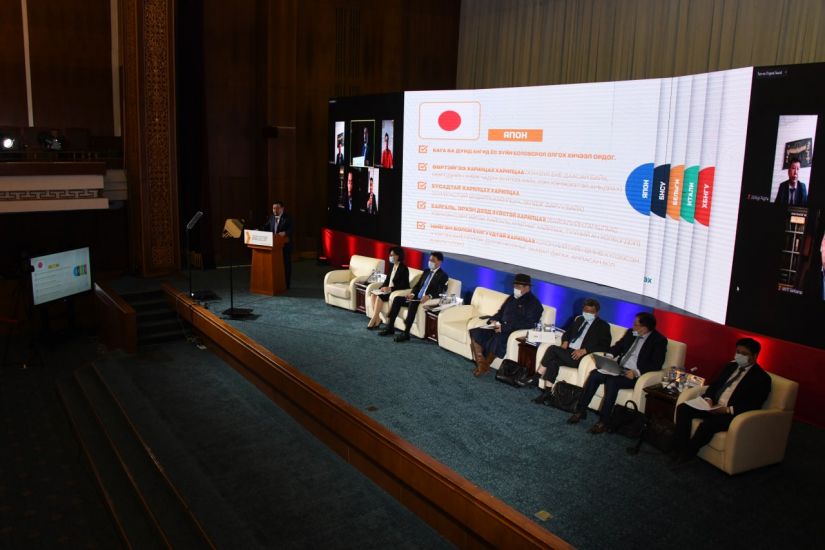
He said, “One of the highly prioritized goals for Mongolia is to develop a humanitarian, democratic society. The foundation of creating a humanitarian society would be education, especially civic education. Starting from the upbringing of children to ethical issues regarding individuals, sectors, and professions, the overall matter is crucial in the country’s development.
Thus, on the occasion of Buddha Day that is being celebrated in Mongolia for the second year, we are organizing this meeting to introduce the draft bill on supporting humanitarian education, which was developed by MPs led by MP B.Bat-Erdene, and receive your opinions and suggestions.
Lessons and courses on ethics and humanitarian education are now included in school curriculum as well as those of universities and colleges. This was one of the reasons for putting forth the initiative ‘Let’s develop like Japan’ as the Japanese people have been able to develop the concept of ‘good person-good society’ to the point that it has become an independent field. In other words, it is aimed to learn from their experience of helping children learn about their culture and tradition by bringing together science education with humanitarian education.”

He then continued on to say, “In Mongolia, former Minister of Education, Culture, Science, and Sport Yo.Baatarbileg made the initiation to add the civic education course to the general education school program. However, an appropriate system for humanitarian education has yet to be developed despite efforts being made through the course as well as projects and programs on ethics and tradition.
Thus based on this current state of situation, MPs have developed and presented a draft bill on supporting humanitarian education, which is currently being discussed at the State Great Khural. The bill includes operations to provide humanitarian education, its main framework and content, rights and responsibilities of government organizations, educational institutions, and families, and support to be provided for humanitarian education courses.”
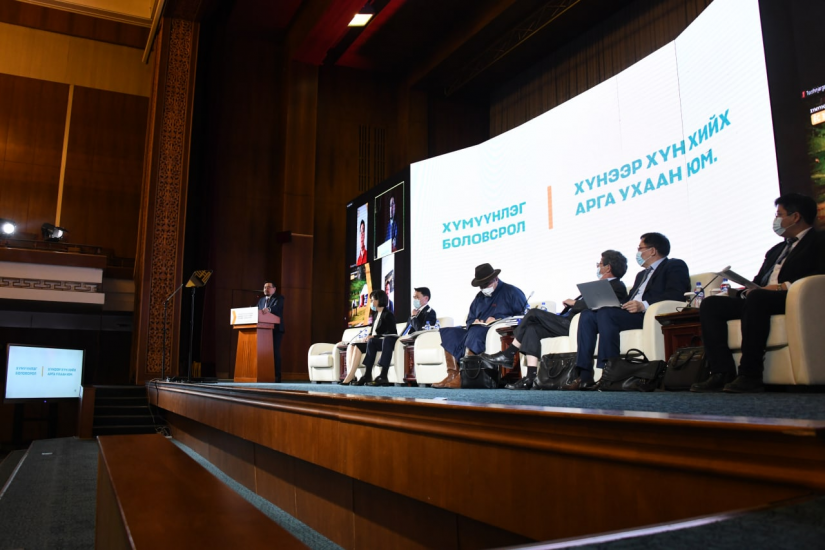
During the meeting, Deputy Minister of Education and Science G.Ganbayar did a presentation on the Law on Education and the current legal framework. Mongolia initially approved a law on developing the education system in 1963. The current Law on Education has been implemented since 2002. During this period, the law was amended a total of 26 times.
Following the Deputy Minister's presentation, advisor to the Minister of Justice and Internal Affairs, academician S.Narangerel, Rector of the National Academy of Governance D.Surenchimeg, President of ‘Shine Mongol’ Academy, Dr. J.Galbadrakh, and Head of Construction and Infrastructure Engineering Department at ‘Shine Mongol’ Technology College B.Naranbaatar did presentations on topics including the ethics of Mongolians, creation of humanitarian education, learning from Japan’s experience of providing education for the heart and soul, and the necessity of professional ethics.
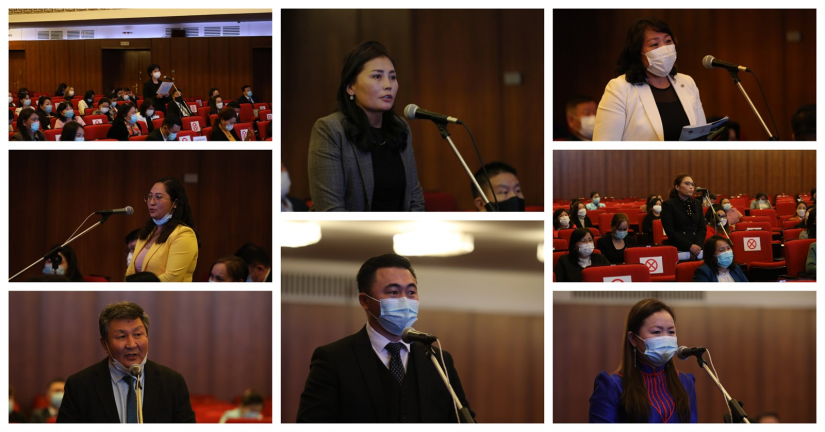
After the presentations, the participants of the meeting shared their opinions and suggestions regarding the draft bill on supporting humanitarian education, such as preparing humanitarian education content to be promoted through press and media as well as online platforms, and creating the appropriate framework to organize extracurricular activity for school students.
Highlighting the importance of mothers’ involvement in bringing up children, the participants also suggested paying more attention to creating the possibility for mothers to take care of their children until the age of 3. Furthermore, they put forth suggestions to enhance the current system for preparing teachers, improving teachers’ social security, continuing to organize online lessons, and regulating the children and youth’s online usage.

 Улаанбаатар
Улаанбаатар


